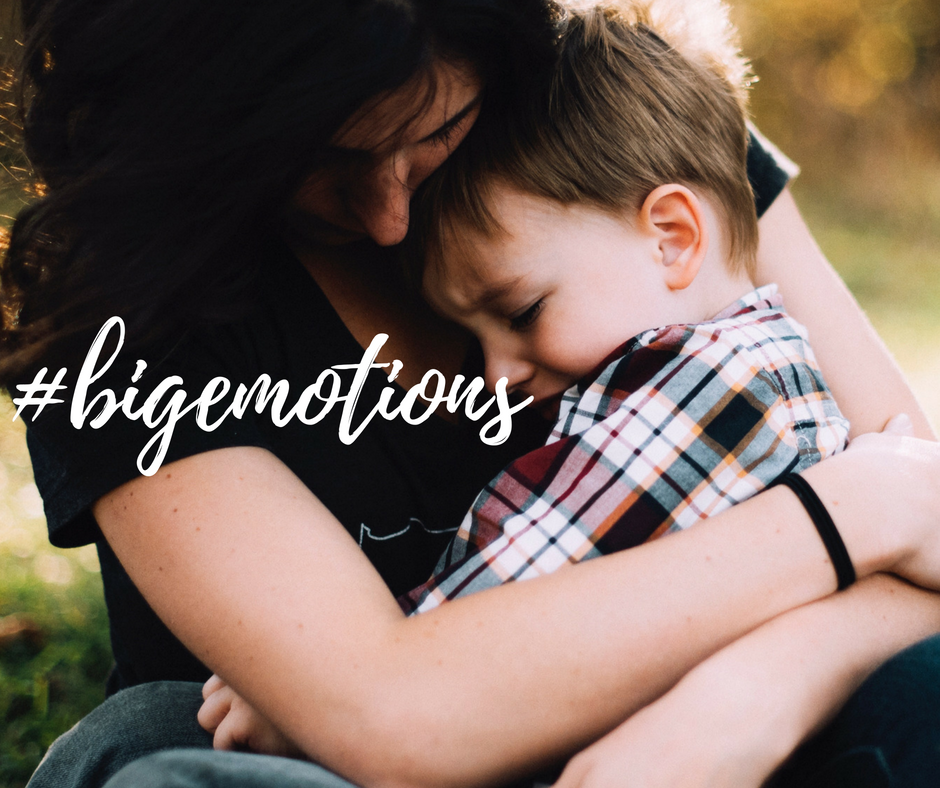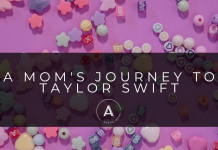
It should’ve been obvious to me when my son was 4 years old that he had anxiety. I knew something was wrong, but I didn’t know exactly what it was. He was so overwhelmed during his 4th birthday party that he spent most of the time crying. He even refused to go into the party room for his own birthday cake. So, his friends sang “Happy Birthday” and ate the Curious George cake without him. It was heartwrenching, to say the least.
A few years and a multitude of tests later, we now know that he suffers from anxiety (along with a couple of other possible diagnoses). But it took a solid three years to figure that out. Our journey to his diagnosis was up and down like a roller coaster ride.
While he chewed his poor fingernails down to basically nothing, he didn’t act worried about anything specific. If I asked him, “Are you nervous or scared? Are you anxious about anything?” “No, I’m fine,” he always replied.
Food was a real problem. He couldn’t tell me why he didn’t want to eat things, although he was extremely sensitive to smells. Often he would nearly gag at the smell of dinner. To this day, the list of foods that he will eat is extremely limited.
Too many choices would often result in a meltdown, even if all of the choices were amazing — like at a donut shop or ice cream store. One time we actually had to leave an ice cream shop because he couldn’t decide and had such a massive meltdown that there was nothing I could do. No amount of suggesting flavors or making recommendations helped him.
He had extreme meltdowns if something wasn’t “perfect” in his eyes. If he was drawing and it didn’t turn out like he wanted, his reaction was to throw the paper (often rip it up in shreds) and run to his room screaming and crying. No amount of reassuring or calm redirection on my part helped him. Oftentimes it took 20-30 minutes for him to reset.
Hypersensitivity to small bumps and bruises was a huge issue for him. A simple knee scrape, a mosquito bite, a tiny splinter. Any of these things could result in a near panic attack. I’ll never forget the time he had a small splinter in his finger and he screamed so loudly and acted so irrationally that neighbors probably three houses down could hear. He wouldn’t let me near him, but he wouldn’t stop screaming either.
There were so many things on a daily basis that would frustrate him. It was almost impossible to know what would be next. I found myself walking on eggshells worried that he may freak out at any time. Legos, drawing, shoe-tying, brushing teeth, getting dressed…Anything could be a source of frustration for him.
It was emotionally draining for him, but for the whole family as well. Many times our fun family outings ended early because of his meltdowns. Even a simple bike ride to the park could end because of a small scratch or bump (that most kids could just overlook).
One would think that diagnosing anxiety would’ve been a simple thing realizing all of the symptoms above. The problem is, some days I started to doubt whether anything was wrong at all. It was easy to brush it off and say, “Maybe he’s just being a kid and he’s just got BIG emotions.”
We talked to his pediatrician at his 4-year well check appointment. She was so reassuring. He was set to start preschool the following month, so she recommended that we give him some time to have a set routine and see what happened.
It was easy to justify his behavior when he was 4. I decided to let him mature a little bit before rushing to any conclusions. After all, I was probably just paranoid and he just was an emotional kid.
A friend of mine told me that maybe an Occupational Therapist could help with his food aversions. I knew his food issues were beyond just “picky eating” so I gave it a whirl. An evaluation showed that he definitely had some sensory issues regarding food, but also sensory issues overall. So, for a year we went to see the Occupational Therapist twice a week to help with his sensory issues. I was convinced that this would be the solution to our problem.
After a year, the Occupational Therapist recommended that he see a Child Psychologist. Although she couldn’t say it, I think she saw the anxiety as a bigger issue. I felt like we wasted an entire year.
After our first visit to the Child Psychologist, she recommended that we do a neuro-psych test. Not only did his teachers fill out some evaluation forms about his behaviors, but so did I. Then my son had to complete some computerized tests and some questionnaires. It took a few hours for him to complete it then we received the results a few weeks later.
The one thing that was definitive — our son has anxiety. There were a couple of other things that were possible diagnoses in addition to anxiety, but they couldn’t say with 100% certainty. I felt relief, but also a tinge of sadness. I hated that he felt anxious, whether he was aware of it or not.
The good thing is that we are now working to help him. He sees his psychologist twice a month to help him work through his anxiety. My son is learning to recognize his own behaviors and I think that is the first major step. I am also learning the best ways to respond to him in certain situations which is proving pretty invaluable.
I think as he gets older he will be able to apply some of the coping skills that he is learning. For now, we are just happy to have some answers and ready to help him in any way we can.









